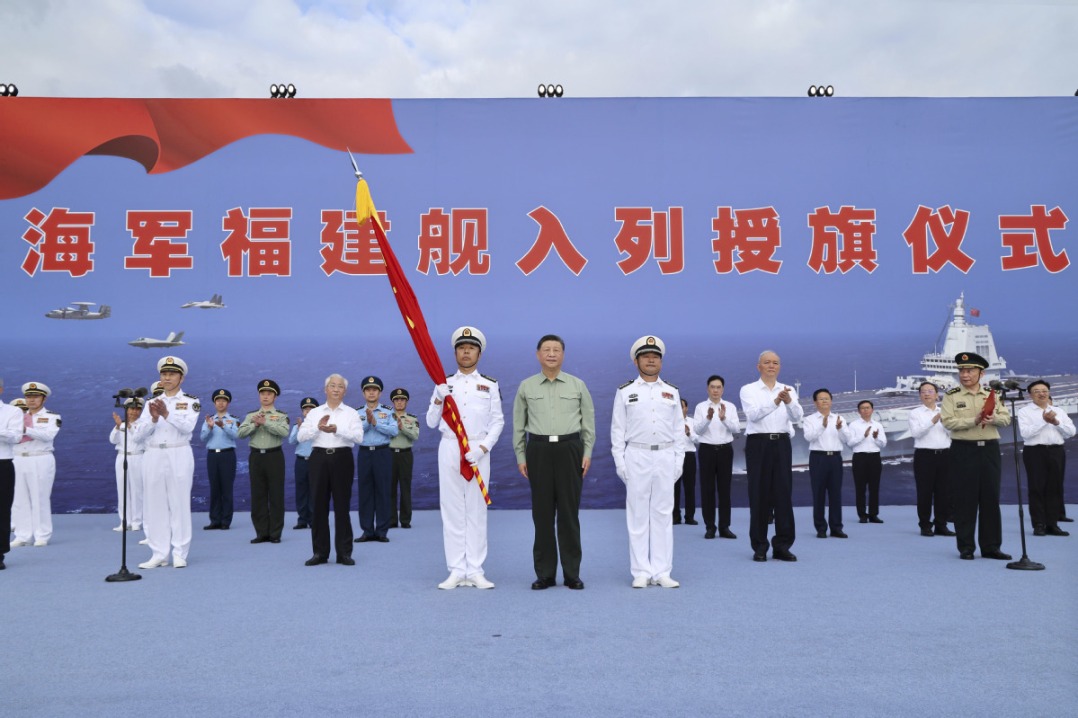How come islands become rocks in arbitration?

Australia, Canada, Japan, the United Kingdom and the United States beware: A number of the islands you claim as your islands may not be islands at all in the legal sense, because the South China Sea arbitral tribunal in The Hague takes them as just “rocks”!
You may take it as a joke, like some Chinese on both sides of the Taiwan Straits do.
But certainly the five judges of the tribunal on the South China Sea Arbitration (The Republic of the Philippines v. the People’s Republic of the China), formed upon unilateral initiation of the arbitration by the Philippines, should be serious in writing down their arbitral award and showing it off to the world on Tuesday, after years of scrutinized preparations. And at least the Japanese government did announce on Tuesday it will follow the tribunal.
Listen to what the tribunal claims: “the Tribunal concluded that all of the high-tide features in the Spratly Islands (including, for example, Itu Aba, Thitu, West York Island, Spratly Island, North-East Cay, South-West Cay) are legally ‘rocks’ that do not generate an exclusive economic zone or continental shelf.”
Among the high-tide features hereby cited, Itu Aba Island, or Taiping Island in current Chinese writings, is the largest and now hosting hundreds of people under Taiwan’s administration. It is about 0.44 square kilometers and 3.8 meters above sea level.
And why the islands are not islands any more “legally”? The judges said: “The Tribunal concluded that temporary use of the features by fishermen did not amount to inhabitation by a stable community and that all of the historical economic activity had been extractive in nature.”
So indeed the five judges of the tribunal have their opinion, and unanimously.
But the judges are not answering to the voices of the Chinese fishermen who have been fishing for generations in the South China Sea, and are ignoring historical facts.
Chinese fishermen had long named Itu Aba “feature” as Huangshan Mazhi, used it as a base for livelihood, dwelling in own houses, catching sea turtles, sea cucumbers and fish for a living and raising families for long. Of course they would sometimes leave the island, but their living there could not be forgotten simply because there was no apparent physical evidence that satisfied the judges’ mind. They in fact sacrificed lives, not to mention any belongings, when the Japanese took Itu Aba away in 1907.
Then by 1933 the French forced the Japanese out of the island, only to find Japanese retaking it in 1939. After World War II, the occupants of the island changed a couple of times until the Chinese successfully returned in 1946 in accordance with Cairo Declaration inked by the allied countries.
And certainly the judges of the tribunal are defying the definition of island in the United Nations Convention on the Law of the Sea. The first clause of article 121 of UNCLOS says: “An island is a naturally formed area of land, surrounded by water, which is above water at high tide.”
Moreover, Clause 3 specifies on rocks: “Rocks which cannot sustain human habitation or economic life of their own shall have no exclusive economic zone or continental shelf.”
Now things are clear. By depriving Itu Aba and other islands the status of islands, the tribunal intends to authorize no legal status for its right to either exclusive economic zone or continental shelf! How political the whole farce is!
Yet worldwide, if this award is to be observed, many similar islands in a number of countries will be turned into legal “rocks” as well, unable to enjoy the rights to either exclusive economic zone or continental shelf.
So countries from Australia to the United States will have to think twice about this tribunal’s award before they decide to declare a “yes” to its legality.
The author is a writer with China Daily.


































